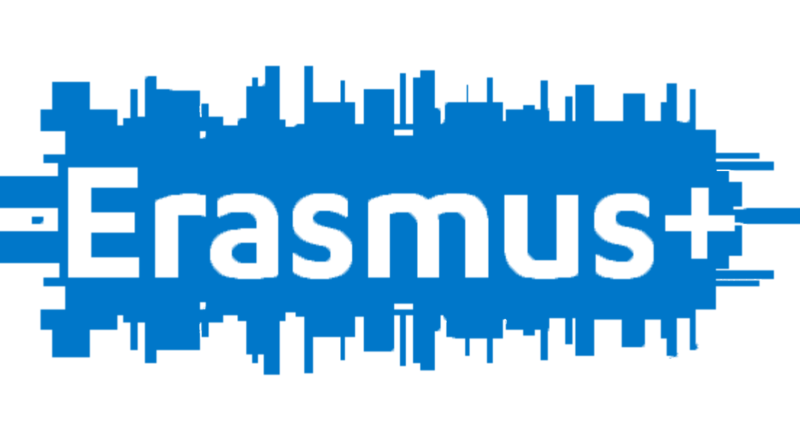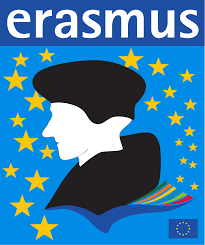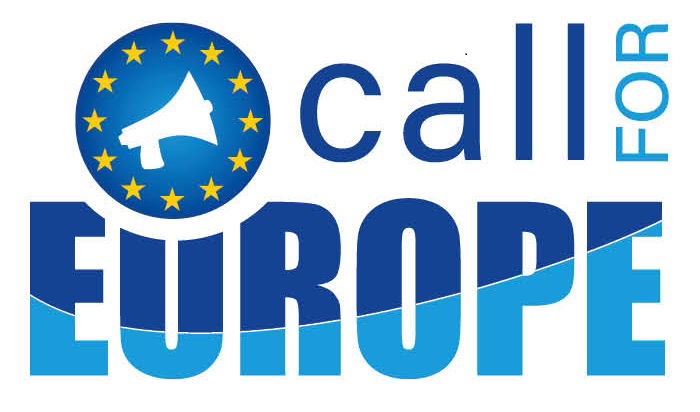The ERASMUS PLUS new WORK PLAN 2021 - our extensive review
The European Commission issued the first work plan of the new Erasmus+ programme for the 2021-2027 period. We reviewed the initiatives funded by the Erasmus+ programme for 2021 year in a long article in our 24th March 2021 Magazine Edition. In what follows we offer a synthesis of that. If you want to download the long article, please go to our past edition Magazine page.
The new Erasmus+ 2021-2027 Programme
With a budget of €26.2 billion, the new Erasmus+ programme almost doubles the resources available in the past 2014-2020 period. Erasmus+ is one of the most renowned initiatives among European citizens, since it has given opportunities for study exchanges and mobility experiences throughout our continent for thousands of students, pupils, teachers in the past. Also for these reasons the 2021 Work Programme has been much awaited in these months by schools, universities and other organisations involved in the promotion of mobility exchanges and partnerships in Europe. But the new Work Programme brings many novelties that surely deserve a long comment. In general terms, the 2021 Work Programme will concentrate 70% of total resources to support direct mobility experiences. The 30% of the budget will be aimed at funding international cooperation and partnerships in order to strengthen capacity building and innovative approaches among mobility organisations.

The 2021 Erasmus+ Call for Proposals
On 25th March 2021, a general Call for proposals was published in the Official Journal of the European Union. It sets actions, budget and, most important, the specific deadlines for Erasmus+ initiatives all along the current year. As in the past period, the yearly Call for Proposals refer to a very detailed 2021 Programme, that is implemented through Key Actions:
- Key Action 1 (KA1) – Learning mobility of individuals
- Key Action 2 (KA2) - Cooperation among organisations and institutions
- Key Action 3 (KA3) - Support to policy development and cooperation.
Any public or private body active in the fields of education, training, youth and sport may apply for funding within the Erasmus+ Programme. In addition, groups of young people who are active in youth work may apply for funding. Eligible countries for taking part to the Erasmus+ Programme, are:
- the 27 Member States of the European Union and overseas countries and territories;
- the EFTA/EEA countries: Iceland, Liechtenstein and Norway
- EU candidate countries: the Republic of Turkey, the Republic of North Macedonia and the Republic of Serbia. In addition, certain Erasmus+ Programme actions are open to organisations from third countries non-associated to the Programme.
For 2021, the total budget earmarked is estimated at EUR 2 453,5 million.
In what follows, we will refer to the initiatives with deadlines established in the 2021 Call.
Learning Mobility experiences (KA1)
The Key Action 1 will support direct mobility experiences such as:a) Mobility of learners and staff (deadline for proposals is 11th May);b) Youth Participation Activities (deadlines on 11th May and 5th October).c) Erasmus Accreditations in VET (deadline on 19th October).The 2021 Programme defines in detail standard costs and fixed lump sums for funding mobility experience projects.
[see our long article in the Magazine for conditions and objectives of KA2 Initiatives]
Cooperation among organisations and institutions (KA2)
Depending on the field addressed and the type of applicant, KA2 actions are managed either by the Erasmus+ National Agencies or by the Education, Audio-visual and Culture Executive Agency (EACEA). The Key Action 2 will support many different initiatives, as follows:
a) Cooperation partnershipsCooperation partnerships include two types of interventions:
a.1) Cooperation partnerships
(next deadline in the 2021 work programme is 20th May).
a.2) Small-scale partnerships
(deadlines in the 2021 work programme are 20th May and 3rd November).
b) Centres of Vocational Excellence
(deadline in the 2021 work programme is 6th September).
c) Erasmus+ Teacher Academies
(deadline in the 2021 work programme is 7th September).
d) Erasmus Mundus Actions.
Erasmus Mundus Actions are divided in two initiatives:
d.1) Erasmus Mundus Joint Masters (EMJM)
(deadline in the 2021 work programme is 26th May).
d.2) Erasmus Mundus Design Measures
(deadline in the 2021 work programme is 26th May).
e) Alliances for innovation, that strengthen Europe’s innovation capacity by boosting innovation through cooperation and flow of knowledge among higher education, vocational education and training (both initial and continuous), and the broader socio-economic environment, including research:
e.1) Alliances for Education and Enterprises
(deadline in the 2021 work programme is 7th September).
e.2) Alliances for Sectoral Cooperation on Skills (implementing the ‘Blueprint’
(deadline in the 2021 work programme is 7th September)
f) Capacity Building in the field of Youth, international cooperation projects based on multilateral partnerships between organisations active in the field of youth in Programme and Partner countries. (deadline in the 2021 work programme is 1st July)
g) Not-for-profit Sport Events, aiming to support the organisation of sport events with a European dimension in the following fields (deadline in the 2021 work programme is 20th May)
[see our long article in the Magazine for conditions and objectives of KA2 Initiatives]

Support to policy development and cooperation (KA3)
This Key Action provides support to policy cooperation at European Union level, thereby contributing to the development of new policies, which can trigger modernisation and reforms, at European Union, and systems' level, in the fields of education, training youth and sport.
a) European Youth Together.
This action targets youth organisations at grass-root level which want to establish partnerships across borders
(deadline in the 2021 work programme is 24th June);
b) Jean Monnet Actions
The Jean Monnet actions contribute to spread knowledge about the European Union integration matters. They include actions in the field of a) Higher Education or b) in other fields of education and training. In the field of Higher Education the actions support Teaching and research in the field of European Union studies worldwide. Projects must take one of the following forms: Modules, Chairs and Centres of Excellence.
(deadline for Jean Monnet Projects in the 2021 work programme is 1st July)
[see our long article in the Magazine for conditions and objectives of KA2 Initiatives]

At CALLforEUROPE we are available to share for free any information or promotion about possibile partnership searchings. Our followers can contact us for promoting their availability to partnering on possible project proposals for Erasmus+ fundings all along the 2021 calls for projects.
Write us to stay in contact!